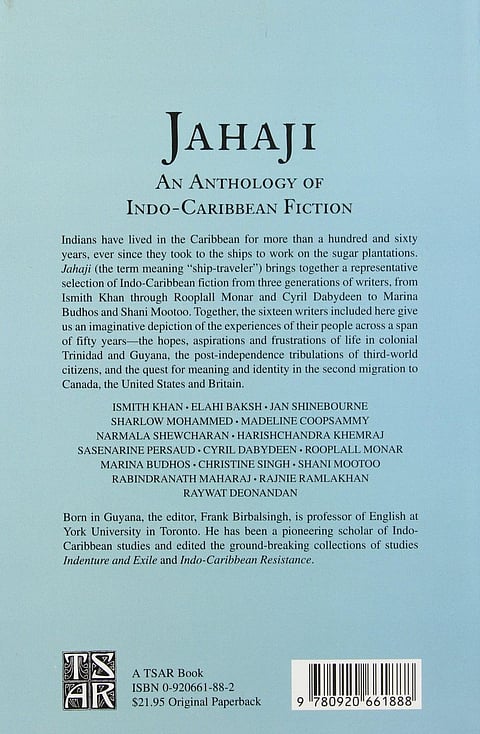In contemporary times, the bindi (red dot between the eyebrows) is decorative as well as religious and is worn by women of any marital status, Hindu or non-Hindu, in India, its diaspora and globally. Rosanne Kanhai uses the bindi to characterize how Into-Caribbean women come into their own in multiple ways. The book is a sequel to Matikor: The Politics of Identity for Indo-Caribbean Women and showcases recent works that reflect a variety of disciplines, styles and topics that include considering Indo-Caribbean women in creative, artistic and performance text, historical and anthropological analyses, intersection with their "others" in the Caribbean and its diaspora, narratives of self, healing and spiritual growth, and roles in religion and cultural activities.


